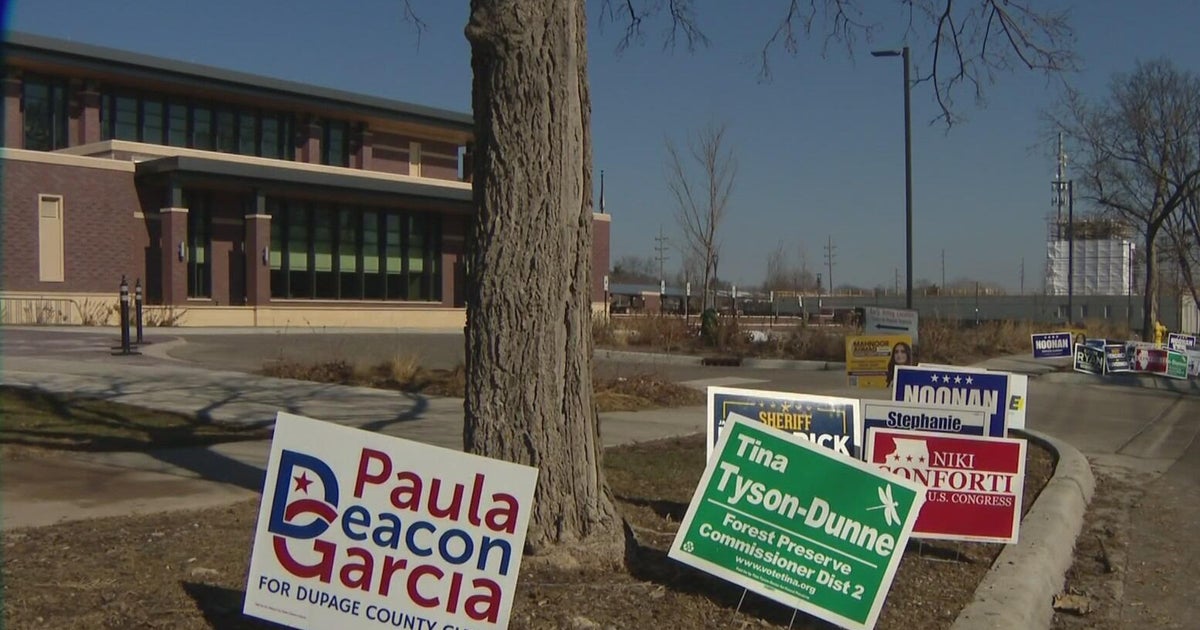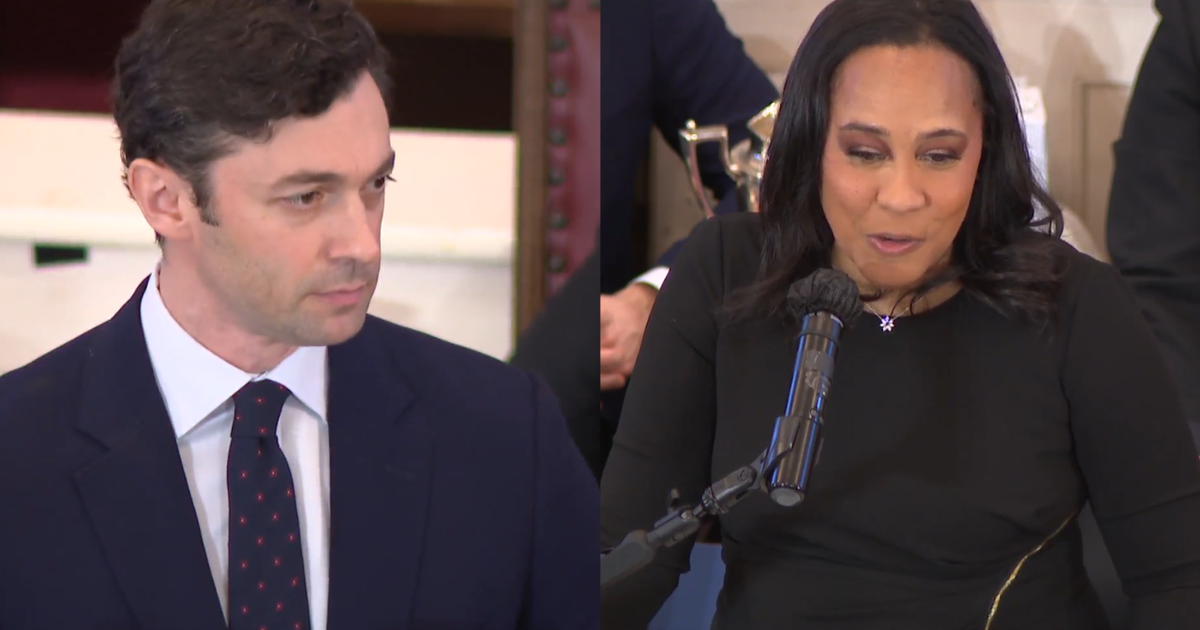Judge rules against Ohio election official's limits on drop boxes
A federal judge in Ohio reopened a lawsuit against Ohio Secretary of State Frank LaRose, a Republican, ruling that he cannot limit counties to a single absentee ballot drop box location.
Earlier this week, in response to a state court's ruling that LaRose didn't have the authority to limit ballot drop boxes in the state, the secretary of state issued a directive allowing more drop boxes to be installed — but only at the same location where they're currently allowed, the county boards of elections offices. Each of Ohio's 88 counties has only one office.
In addition, LaRose also would not allow ballots to be collected by election officials who are not at the board offices.
U.S. District Judge Dan Aaron Polster also granted a preliminary injunction against two portions of LaRose's directive, the ban on installations of drop boxes in places other than at boards of election offices and on the deployment of county board staff for "off-site ballot delivery."
The judge ruled that if a county board of election votes to allow drop boxes at off-site locations and off-site ballot collection, it should do so and follow safety procedures. In September, the Cuyahoga County board of elections approved a plan that would allow temporary vote by mail collection sites at six libraries. But LaRose's office blocked the plan from being implemented.
The plaintiffs, including the League of Women Voters and the A. Philip Randolph Institute, a Black union and civil rights group, argued that LaRose's directive limiting drop boxes to a single location in a county violates voters' First Amendment and Fourteenth Amendment rights. They claimed the directive does not take into account the size and population of the county, which "significantly burdens a large number of voters – especially those who are low-income minorities and reside in larger counties and cities."
Polster wrote that the plaintiffs also argued that prohibiting multiple drop box locations in a county can cause unreasonable travel time for voters, which can cause them "to forgo their right to vote or spend a great amount of time in long lines, leading to a form of voter suppression."
Polster agreed with the plaintiffs' argument that LaRose's directive places a burden on the rights of minority and low-income Ohioans. In addition, Polster cited the disproportionate impact the COVID-19 pandemic has had on people of color and concerns about timely mail delivery from the U.S. Postal Service.
LaRose is expected to appeal the decision.
"Voting has begun, and Ohio's elections are safe, secure, and accessible," Maggie Sheehan, a spokesperson for LaRose, said in a statement. "The place to make changes in how we run our elections is the statehouse, not the courthouse."



